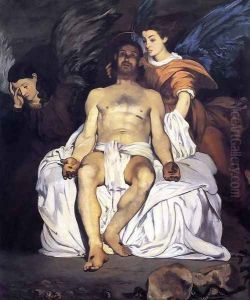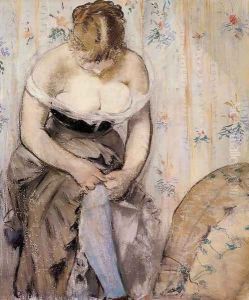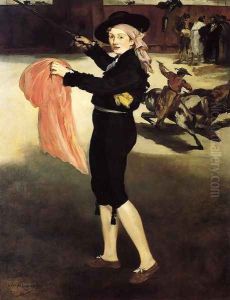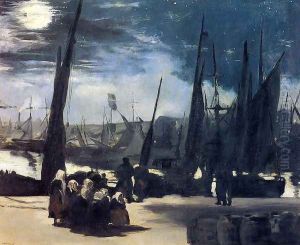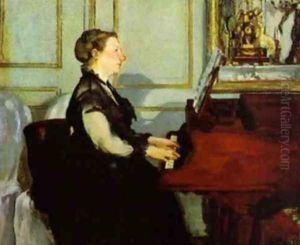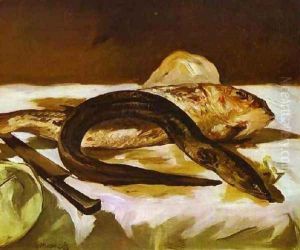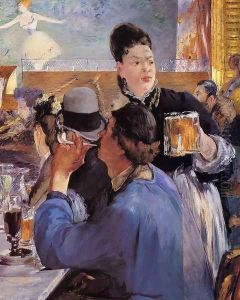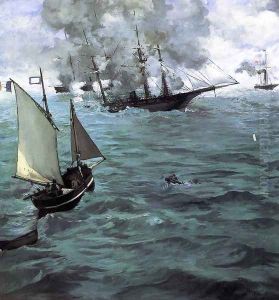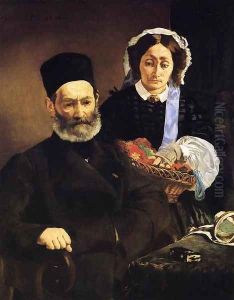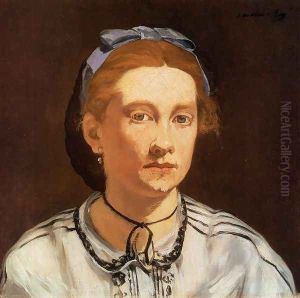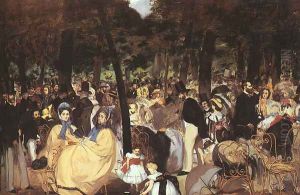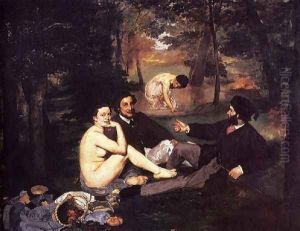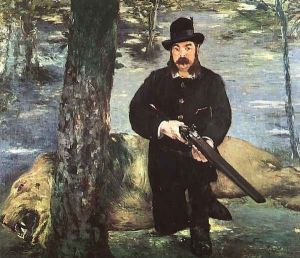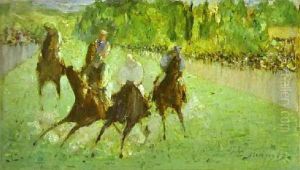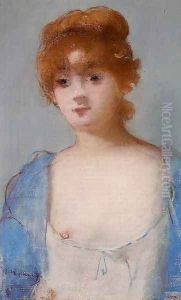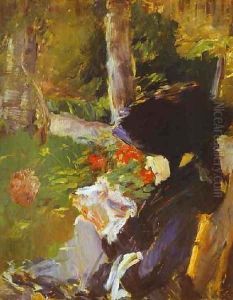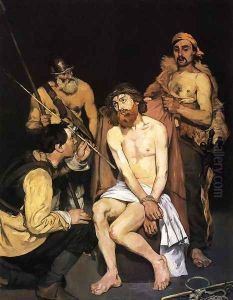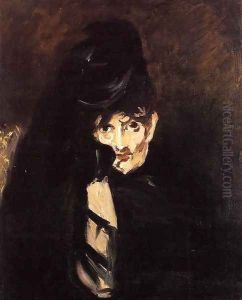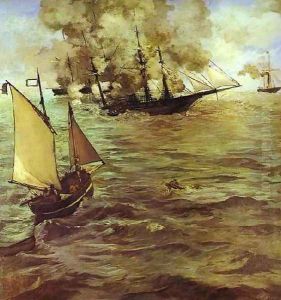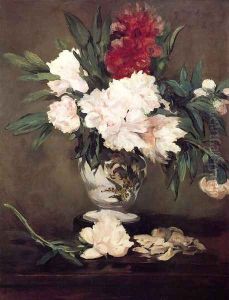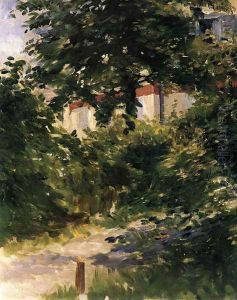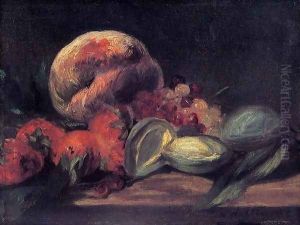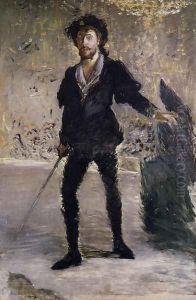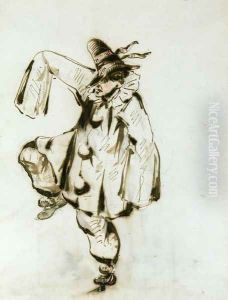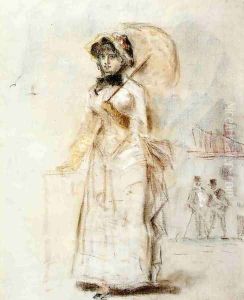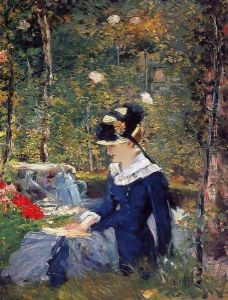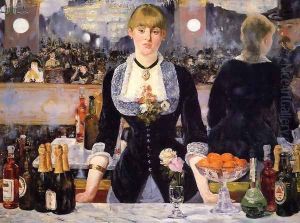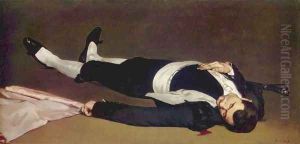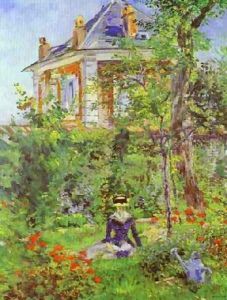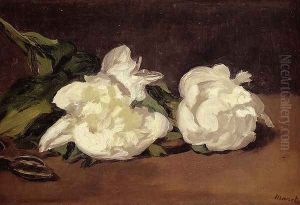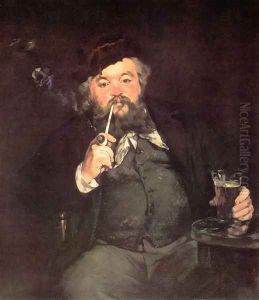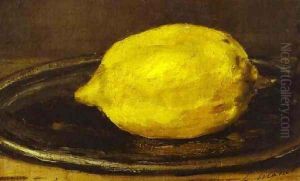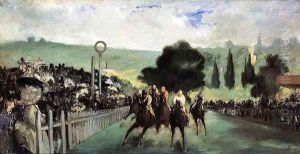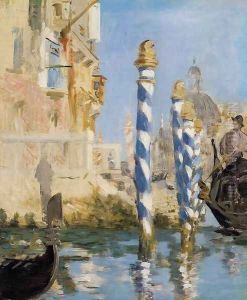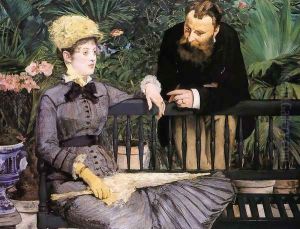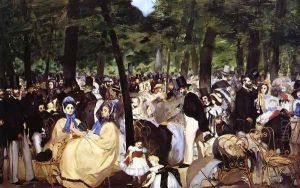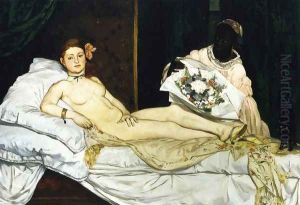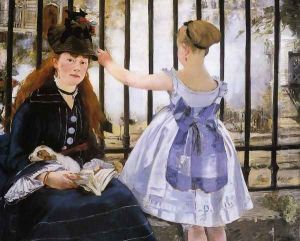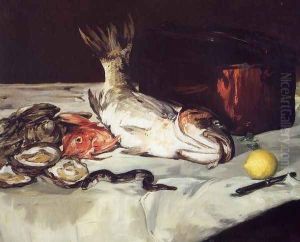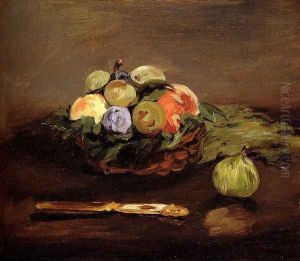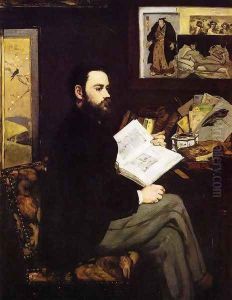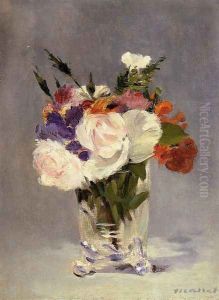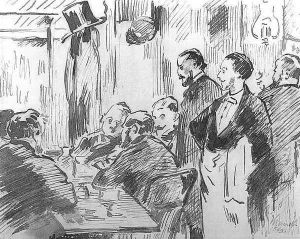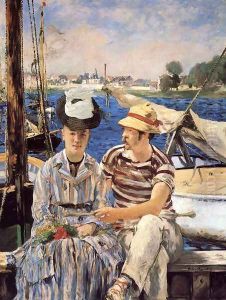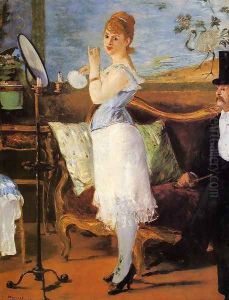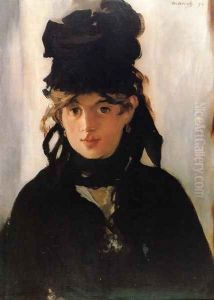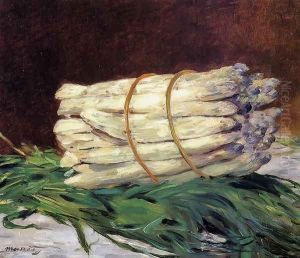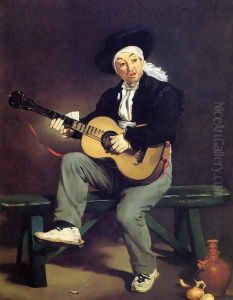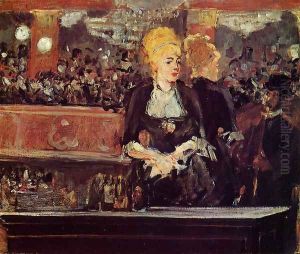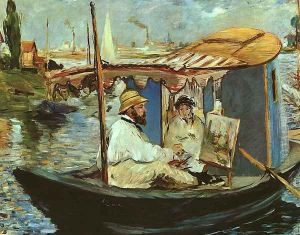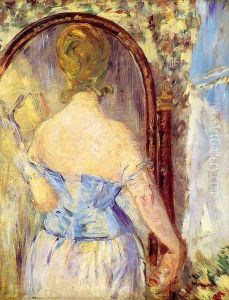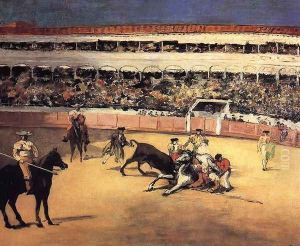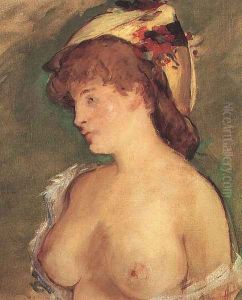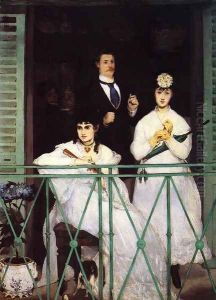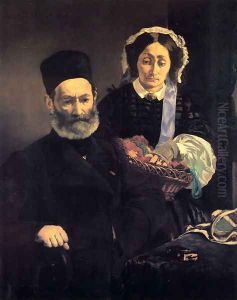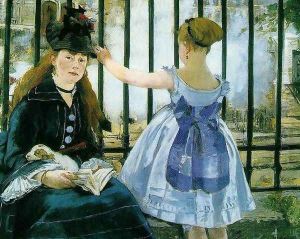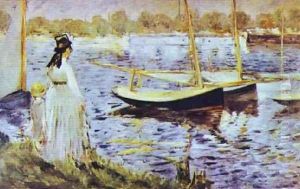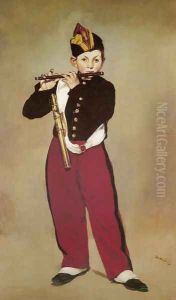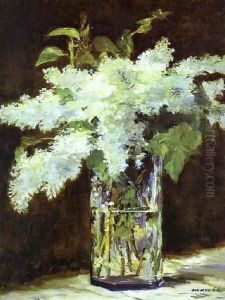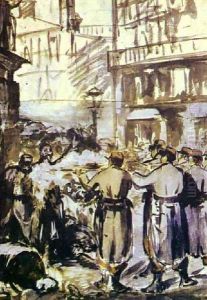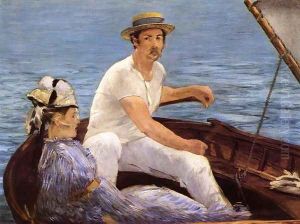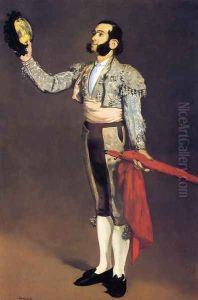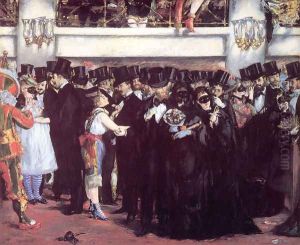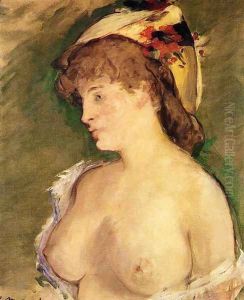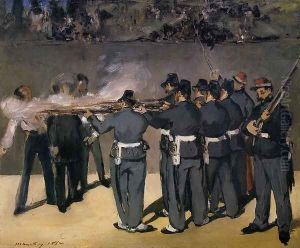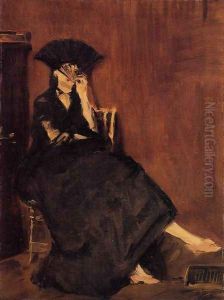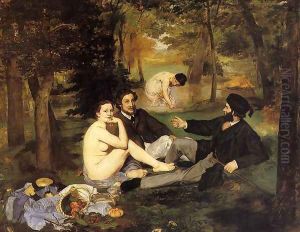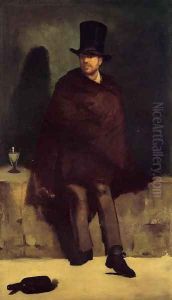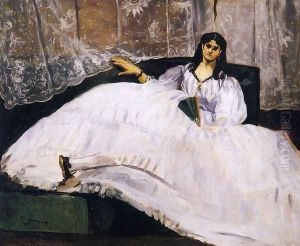Edouard Manet Paintings
Édouard Manet was a pivotal figure in the transition from Realism to Impressionism, two of the major movements in 19th-century art. He was born on January 23, 1832, in Paris, France, into an affluent and well-connected family. Despite his father's wishes for him to pursue a career in law, Manet was more interested in art and eventually convinced his parents to allow him to study painting.
In 1850, Manet entered the studio of Thomas Couture, where he studied for six years. His early works were influenced by the Old Masters, particularly the works of Spanish artists such as Diego Velázquez and Francisco de Goya. However, Manet's approach to painting began to deviate from traditional techniques and subjects, and he started to develop a more modern style characterized by bold brushwork, a brighter palette, and contemporary subject matter.
Manet's unconventional paintings often provoked controversy, most notably 'Le Déjeuner sur l'herbe' (1863), which featured a nude woman picnicking with two clothed men, and 'Olympia' (1865), a depiction of a nude prostitute that challenged traditional representations of the female nude. These works were rejected by the official Paris Salon but were exhibited at the Salon des Refusés, which was established by Emperor Napoleon III for artists whose works were refused by the Salon jury.
Manet became a central figure in the Parisian art scene and mentored younger Impressionist artists, including Claude Monet and Pierre-Auguste Renoir, although he never fully embraced the Impressionist style himself. He preferred to exhibit his work at the traditional Paris Salon rather than the independent exhibitions organized by the Impressionists.
Throughout his career, Manet continued to push the boundaries of contemporary art. He explored various subjects, from urban life to portraits and still lifes, often with a sense of immediacy and a focus on the light and atmosphere of the moment. His later works, such as 'A Bar at the Folies-Bergère' (1882), reflect this continued interest in capturing contemporary life.
Manet's health began to decline in the early 1880s, and after suffering from gangrene in his left leg, he passed away on April 30, 1883, in Paris. Despite the controversies and criticisms he faced during his lifetime, Manet is now recognized as one of the masters of modern art and a significant influence on future generations of artists.
